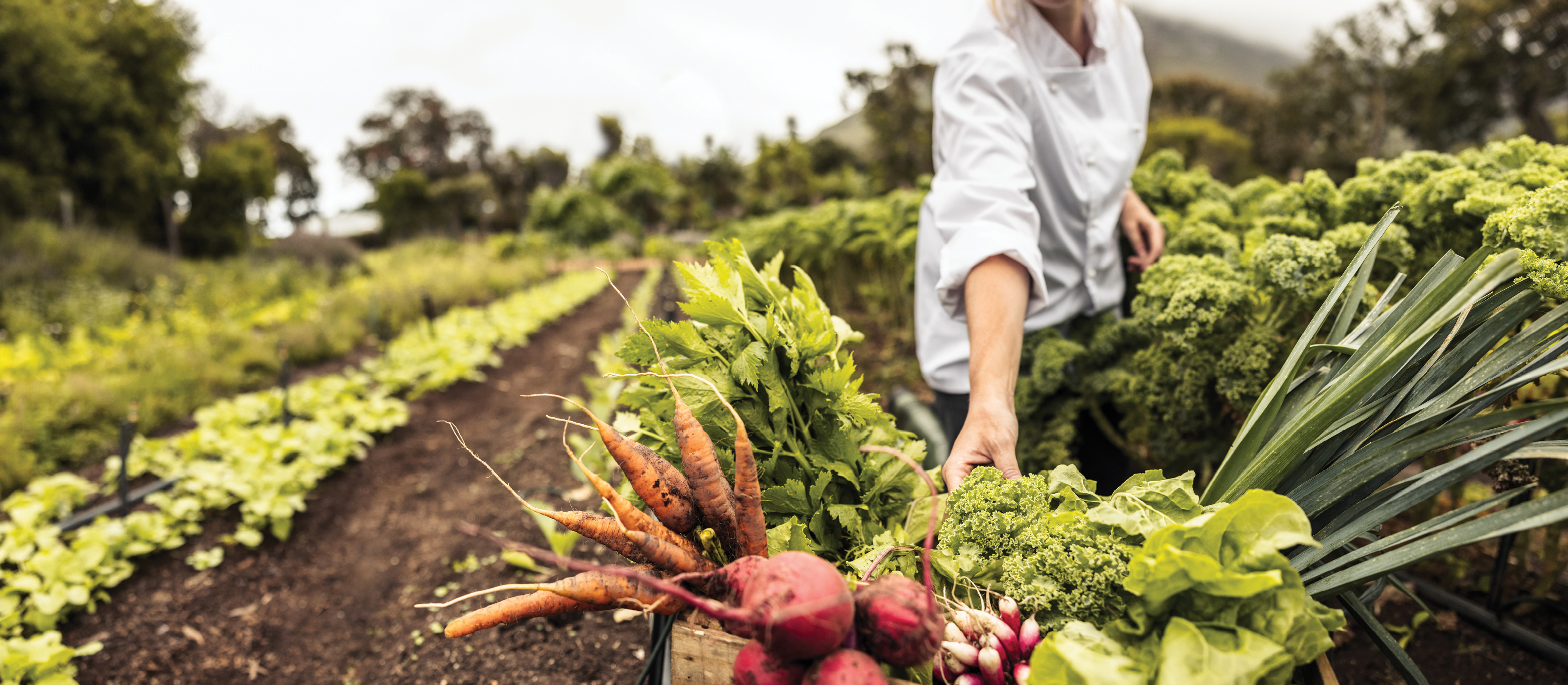When Colorado Premium Foods announced plans in early 2022 to add a new production facility in Greeley, the news only confirmed what site selectors already knew about the Centennial State: Feeding America and much of the planet stems from a lot of home cooking in Colorado.
With 4,400 food and agriculture companies employing more than 173,000 people, the industry accounts for $40 billion a year in business, a $5 billion annual payroll and more than $1.6 billion annually in exports, according to data from the Colorado Office of Economic Development & International Trade.
A study by the Metro Denver Economic Development Corp. examined the state and found that the industry on average pays $53,470 per year and places Colorado No. 18 nationally in employment concentration.
“Colorado’s history was built on a robust and diverse industry of food, beverage and agricultural producers,” the MDEDC report states. “The state is a hub for new ideas and technologies that are improving sustainability, increasing efficiency, and crafting new types of food and beverages for the growing population. Colorado’s food and agriculture industry generates more than $40 billion in economic output annually with local companies exporting their products to over 100 countries.”
The industry statewide counts household names like MillerCoors, Danone North America, Celestial Seasonings, Justin’s, JBS USA and Mission Foods, but Colorado is also a thriving hotbed of startups.
From 2015 to 2020, food and farm sector jobs grew 21.5% statewide, or nearly three times the growth rate recorded nationally. That growth is occurring across multiple sectors, including food processing and craft beer brewing.
J.M. Smucker Company opened a new 240,000-sq.-ft. production plant in Longmont in 2022, adding 200 jobs. Colorado Premium is adding 300 jobs at its new 171,725-sq.-ft. plant in Greeley. And Denver-based Ardent Mills expanded capacity and production at its warehousing and packaging lines across America to meet growing customer demand for flour.
In the beverage sector, Colorado has been booming with significant investments into new craft beer facilities, wineries, distilleries, and plants for making cider and other hard alcohol. Colorado craft beer is a $3.4 billion industry that has tripled in total economic output since 2014, according to the Boulder-based Brewers Association. Colorado ranks third in the nation for craft beer sales and production with about 284 craft breweries. Major new investments in this sector have come from Left Hand Brewing Co., Wiley Roots and Two Six Craft Distributors.
Distilled spirits are also experiencing a resurgence in Colorado. Colorado has the fifth highest number of craft distilleries in the U.S., with more than 100 such plants, according to the Metro Denver study. Proximo Spirits plans to build a $50 million, 20-acre whiskey production facility and resort in Black Hawk. The project will be next to Central City in the southeast corner of town and will be the largest distillery in Colorado.
The state is also home to over 150 wineries, meaderies, cideries, sake producers and vintner’s restaurants producing more than 616,000 gallons of wine, according to the Colorado Wine Industry Development Board.
In the rapidly growing agri-tech sector, Colorado ranks among the top five states for agri-tech investments. The sector grew 35% from 2015 to 2020, according to AgFunder. One of the state’s leading employers in this emerging field is Nutrien Ltd., which employs over 800 people in Northern Colorado and about 20,000 workers worldwide.
The state’s higher education system serves as a steady supplier of talent for this sector. Colorado State University ranks among the top 50 global universities for agricultural sciences, according to U.S. News & World Report; and Niche.com named Metropolitan State University in Denver to its list of the Best Colleges with Agricultural and Food Processing Degrees in America.

